In a bid to address the perennial water challenges facing their community, residents of Harare South, Stoneridge Park Phase 3.2 have launched a community-driven initiative to drill group boreholes.
The project aims to provide access to clean water and mitigate the risk of waterborne diseases in the area.
According to residents, the community has long struggled with inadequate access to clean water, forcing them to rely on few available boreholes that often dry up during the dry season.
In an interview with Tech Mag TV, residents revealed that the project has come as a relief to the community. “We are tired of living without access to clean water. We have had enough of queuing for hours at the few available boreholes. That’s why we decided to take matters into our own hands and drill our own boreholes,” said one resident.
The resident added, “We hope this initiative will bring relief to our community and ensure we have a steady supply of clean water.”
Another resident noted, “This project has been a game-changer for our community, providing us with clean water. Previously, our water sources would dry up by September or October, but now that problem is behind us.”
The community-led project is a testament to the resilience and determination of the residents, who have come together to address a pressing need. With the boreholes now operational, residents can access clean water without having to queue for hours or rely on unreliable sources.
Chairman of the stoneridgepark phase 3 Mr Patsikadowa said the project has not only improved access to clean water but has also brought a sense of pride and ownership among community members, who are now more confident in their ability to drive positive change.
The community had been grappling with a severe water crisis for years. Residents had to rely on few available boreholes that often dried up during the dry season, leaving them with no choice but to queue for hours or seek alternative sources of water. The lack of access to clean water had become a major concern, posing serious health risks to the community.

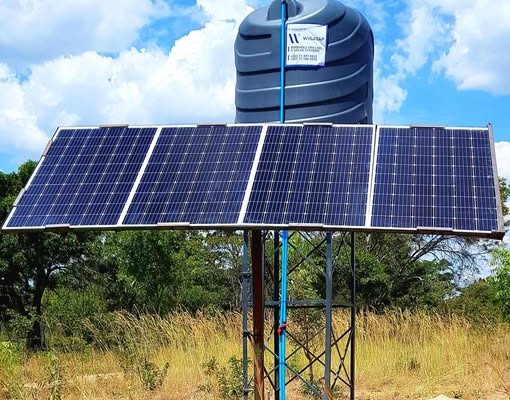
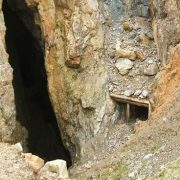

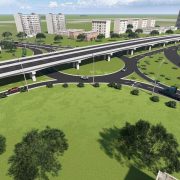

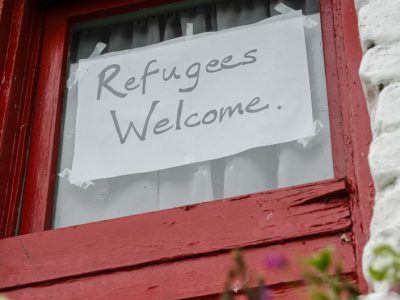


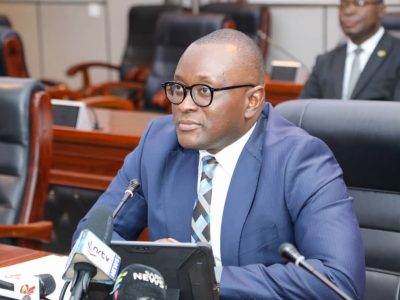
Comments